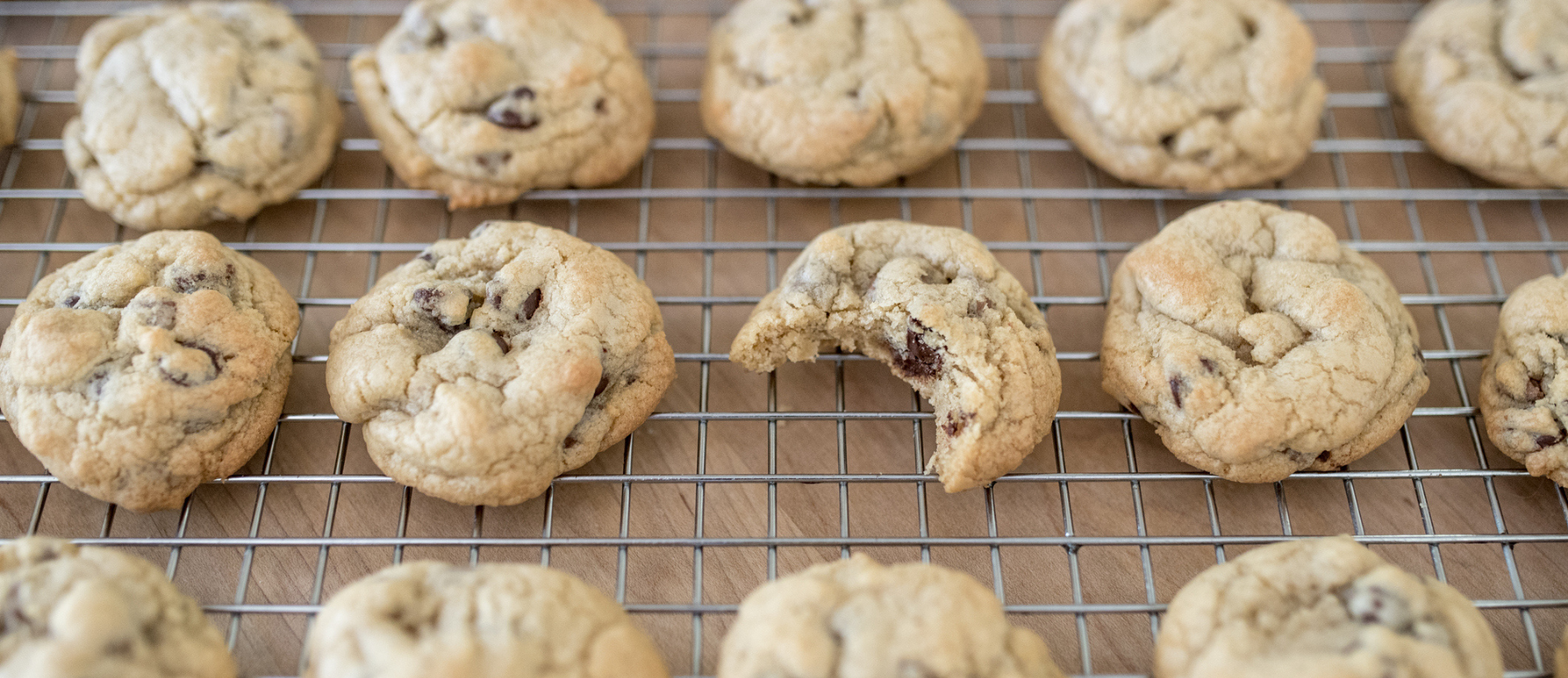Food hazards including pieces of plastic, metal and glass as well as salmonella have soared in recent years. Choking hazards are a growing concern for the UK food and beverage (F&B) industry.
The presence of foreign bodies (opens a new window) – which can be a dangerous choking hazard (such as pieces of plastic, metal and glass and other non-digestible objects) – have been the biggest cause of F&B product recalls over the past six years.
Recalls as a result of foreign bodies have risen 350% in the UK since 2012.
Recalls as a result of foreign bodies have risen 350% in the UK since 2012. They are responsible for almost a quarter (23%) of all F&B recalls.
Bacterial contaminations have been the second most common cause of recalls. Salmonella was responsible for 14% of F&B recalls since 2012. Listeria (opens a new window) was found to be the cause of 10% of F&B product recalls.
Rising recall
These findings are from analysis of over 300 Food Standards Agency (opens a new window) (FSA) public recall alerts since 2012.
The analysis also found that F&B recalls are generally on the rise. Between 2012 and the end of 2014, the FSA made 107 recalls; between 2014 and the end of 2017, it made 201 recalls.
Dairy products were responsible for the greatest number of recalls.
Among specific food types, dairy products were responsible for the greatest number of recalls, accounting for 15% (44 cases) of all F&B recalls over the last six years.
Prepared dishes were the second riskiest group with 33 recalls. Confectionery was the third riskiest, with 25 recalls over six years.
Frozen desserts were the safest food group, with only one case recorded. Perhaps surprisingly, both shellfish and eggs were also very safe food groups, with only three recorded recalls from each category.
Cost cutting
The rise in recalls highlighted by the FSA data is echoed by manufacturers themselves. As Lockton recently noted in The Telegraph (opens a new window), our research has found that 50% of UK F&B manufacturers believe product recalls have risen in the past five years.
Our research (opens a new window) found that cost cutting is seen as the most significant factor causing this rise in recalls:
• 42% of manufacturers believe cost cutting in the production process is to blame for the increase in recalls, while
• 41% of manufacturers believe cost cutting as a result of downward pricing pressures from retailers and consumers is the main cause.
67% of manufacturers said a recall of a key product would cost them more than £30,000.
As pricing pressures increase, manufacturers have to cut more corners and look for cheaper ways to produce their products. Quality control can suffer as a result, leading to foreign bodies finding their way into food and beverages.
The costs of a recall are also far longer-term than many companies realise. For some of the UK’s smaller manufacturers the cost of a recall could even be terminal.
Lockton research asked manufacturers how long they estimated it would take them get “back to business” after a product recall: more than a quarter (26%) said it would take up to six months to fully recover.
Around two thirds of manufacturers (67%) said a recall of a key product would cost them more than £30,000. On average, manufacturers believe a recall would cost them £38,075.
With inflation and Brexit expected to push food prices (opens a new window) even higher for consumers, pressure on manufacturers to produce more competitively priced products may become even more intense.

